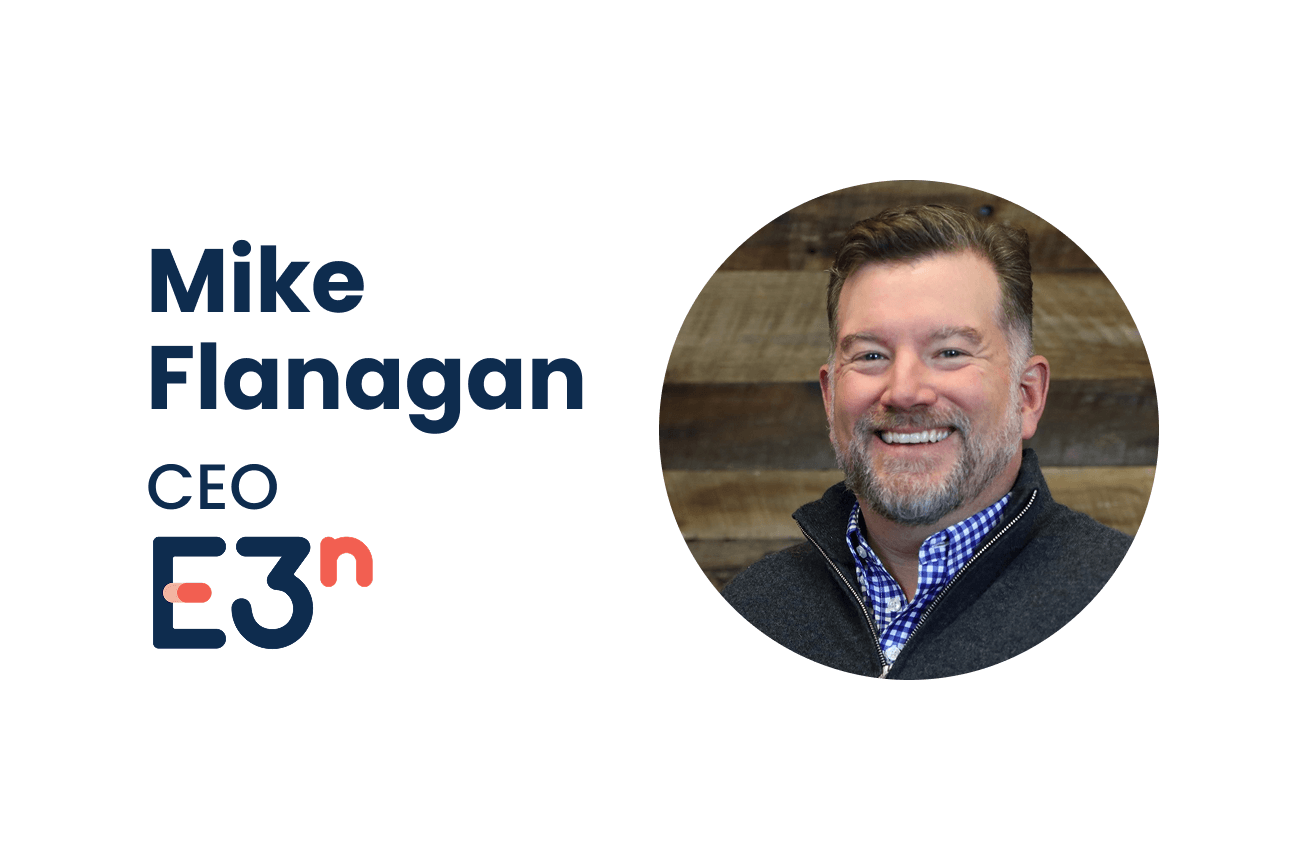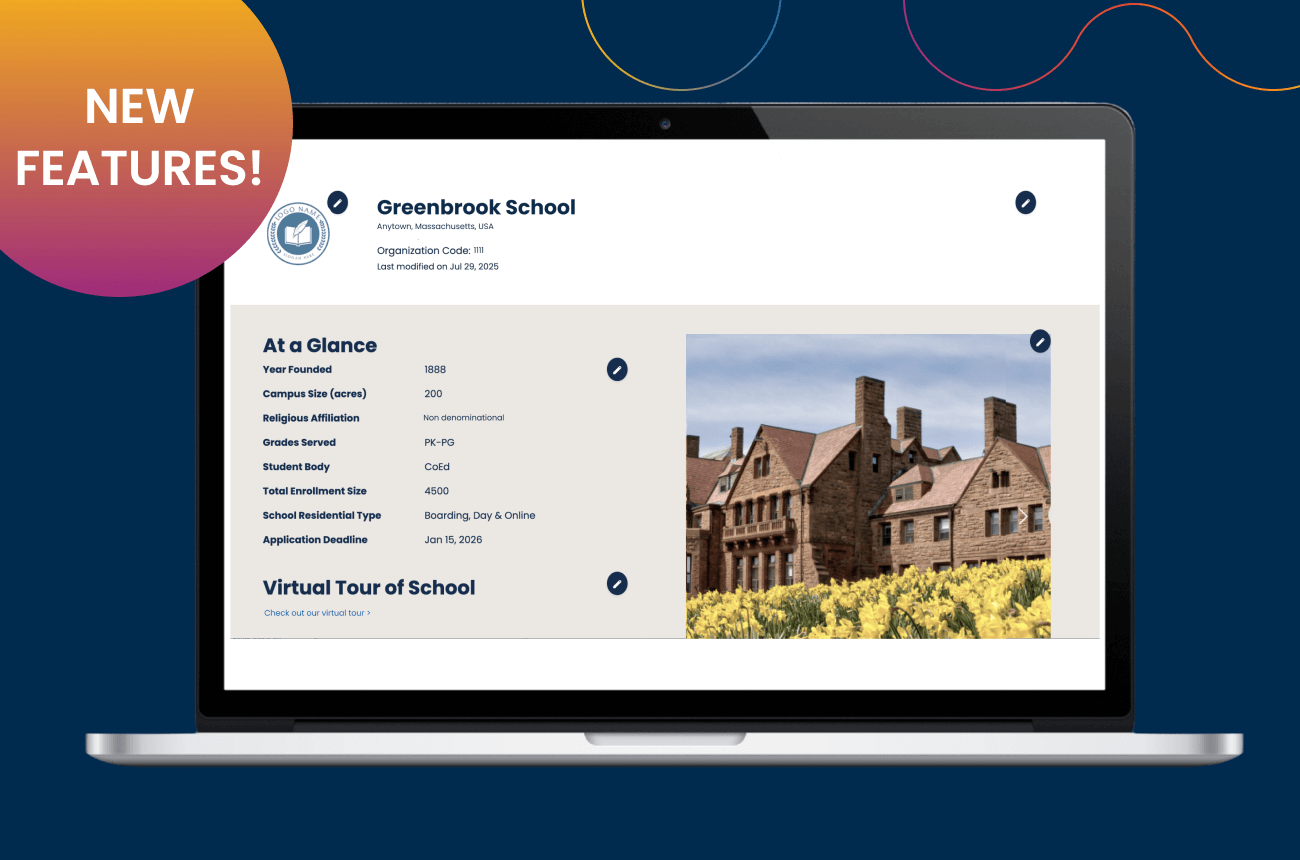The Enrollment Manager as Lead Institutional Researcher

By Jason Giffen
Institutional research or “big data” at the school and collegiate levels has seen tremendous growth over the past decade, with larger organizations even opting to devote specialized roles or departments to this task. This is in large part due to an increased awareness of and commitment to making data-driven decisions. Independent school leaders are regularly asked to use data and analytics for both strategic and operational decisions; however, most independent schools do not have the resources to commit an entire full-time employee to institutional research. In fact, I was only able to find a handful of secondary schools in the country that have made this investment. At North Shore Country Day School (a JK-12 school of 535 students located in Chicago’s northern suburbs) where I am the director of admissions, we were not in a position to create an additional position. This presented an opportunity for me to lean in to such work.
Personally, I have a keen interest in institutional research, but I would like to make the case that all enrollment managers are well positioned to spearhead institutional research work within their schools. What follows is a reflection on the institutional research work we have done at North Shore over the last four years and some steps that we have taken to ensure its success.
Collaboration is at the heart of institutional research work, so I partnered with the head of school, dean of academics, director of finance, and other administrators to develop a plan to collect and assess important aspects of the overall school program (student outcomes, admission/retention, finance, etc.). We considered many constructs, but ultimately implemented three significant steps to ensure continuity and effectiveness in our institutional research work:
1. Investment in metrics that matter—GPA, SSAT, SAT, ACT, and AP Scores are the most widely used outcome data to measure a program. However, they are not the holistic foundation that most schools have as the bedrock of their missions. The Character Skills Toolkit (https://nc.enrollment.org/ — requires member login) from The Enrollment Management Association is a great starting point for determining alternative assessments and constructs to measure an institution more holistically. At North Shore, we chose the Mission Skills Assessment (MSA) and the College Work and Readiness Assessment (CWRA) to get a more comprehensive set of data on student success.
2. Commitment to a single database—Data collection and management is the single greatest challenge to institutional research work. Housing important information in “data silos” prevents the ability to easily report and analyze information. When anyone at a school asks an important strategic or operational question, the goal should be to have one repository to provide data to support such inquiry.
3. Belief in both quantitative and qualitative data—As a member of both INDEX and NAIS, North Shore has access to wonderful benchmarking data on a whole host of metrics, providing institutional dashboards. This, in conjunction with school survey information and other practitioner research, creates a warehouse of data that informs and helps to monitor the progress of the school.
The implementation of those three steps was not insignificant. We worked as a committee and questioned the reasoning of “who” and “how” our database was managed, ultimately leading to significant software investment and personnel restructuring. The commitment to new assessments and surveys required educating the faculty, planning for the delivery of these assessments, and carving time out of the schedule to deliver them. It even got us to question the nature of time and space—not in an epistemological sense, but in terms of the academic schedule—ultimately leading to the development of a new upper school schedule.
Initially, my motivation for engaging in this work was more selfish, as prospective families consistently asked me about the value proposition of my school. My hope was that big data could help to better answer the data-driven parent who was using analytics and a cost/benefit analysis in making a school choice. The institutional data we have collected have provided invaluable information for communicating honestly, and with greater texture, the value of our school. Before having compiled solid institutional research, I told families about how our writing program prepared students for collegiate writing and shared traditional outcome data like a college list or average ACT/SAT scores. After its collection, I could show families how much students’ writing and critical thinking skills improved between 9th and 12th grades through the College Work and Readiness Assessment, offer survey data that showed 90% of North Shore graduates over the last five years reported being as or better prepared than their peers for college-level writing, and highlight a student quote from that survey on how North Shore contributed to this student’s intellectual development. Not only is the institutional research story more compelling, it helps me connect the value proposition with our school’s mission.
All of this effort, while taxing, has provided demonstrative improvements and placed me in important strategic conversations. The Enrollment Management Association has worked hard to champion the importance of the admission profession, seeking to ensure that we have a place at the table. Admission work is unique, as it requires a deep understanding of school culture and educational outcomes through the lens of the marketplace. Institutional research provides yet another avenue to ensure our place and input within our schools, while at the same time making us better at crafting our external messages. It is not a question of whether you can afford to invest your time in institutional research, but whether you can afford to be without it.
Jason Giffen is director of admissions for North Shore Country Day School (IL)




